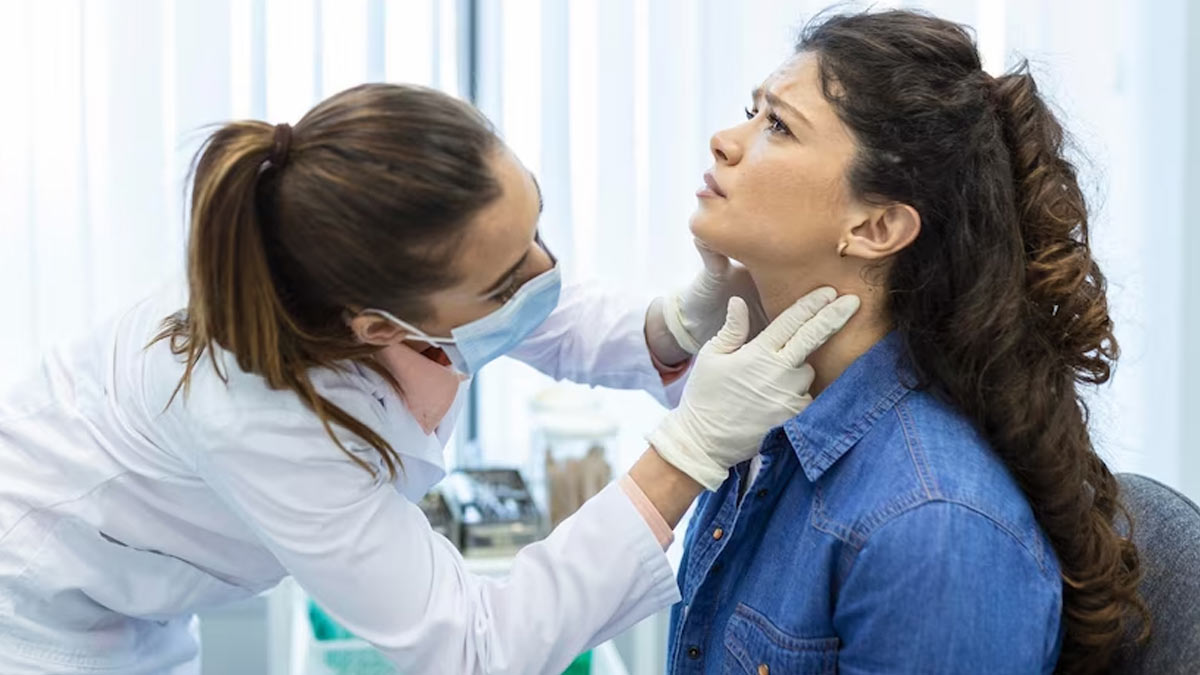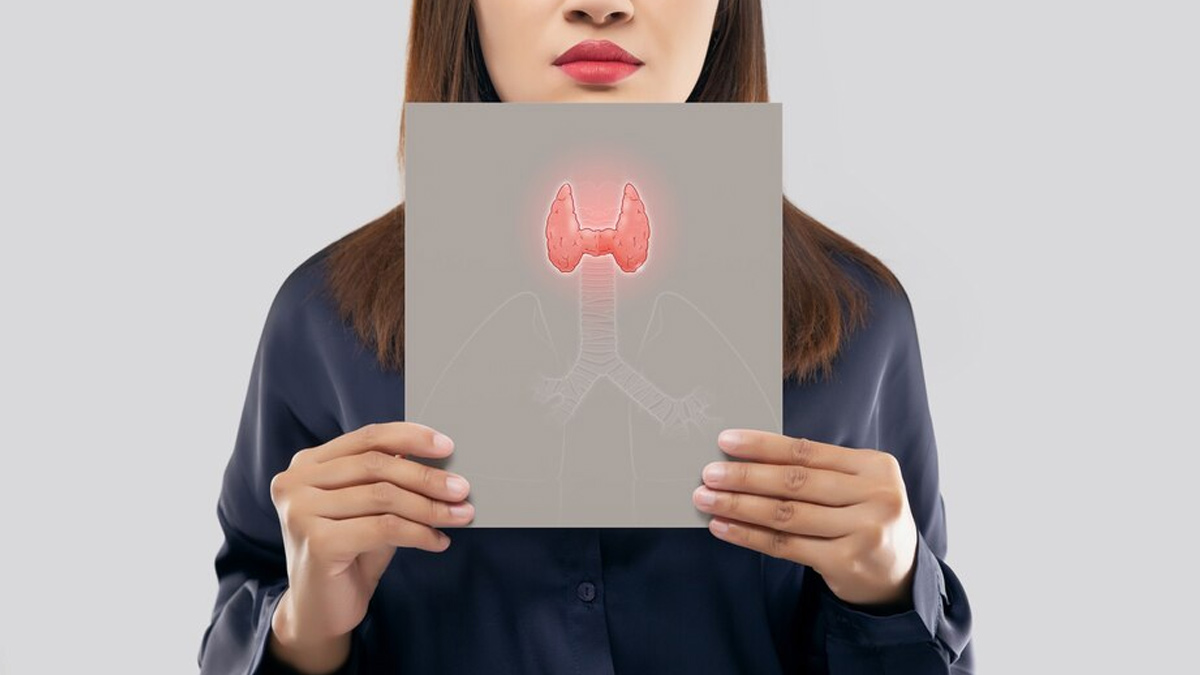
Thyroid diseases are prevalent among people worldwide. According to data published in the Indian Journal of Endocrinology and Metabolism, in India around 4.2 crore people suffer from thyroid problems. Women are at a higher risk of thyroid diseases than men, says Dr Rakesh Kumar Prasad, Consultant – Endocrinology, Fortis Hospital, Noida. Speaking with Only My Health, the doctor shared, approximately one in eight women will get affected by a thyroid condition at some point in their lives. The risk for women is about 10 times higher than for men, he added.
Table of Content:-
In this article, we will try to understand why women are more prone to thyroid problems and what are the possible causes.
Also Read: Common Thyroid Medication Mistakes You Should Avoid, As Per Expert
Why Thyroid Problems Are More Common In Women

According to Dr Prasad, thyroid diseases are common in menopausal and postmenopausal women. It occurs when hormone levels are constantly changing, establishing an interplay between female hormones oestrogen and thyroxine.
“One of the important reasons for increased prevalence of thyroid disorders is that they get often triggered by autoimmune responses. What triggers this response is currently unknown, but it is probably related to genetic, environmental, and lifestyle factors. Increased prevalence of thyroid disorders in women is also attributed to the interaction between thyroid hormones and the hormones that fluctuate during the menstrual cycle,” the doctor explained.
As per the National Institute of Diabetes and Digestive and Kidney Diseases (NIDDK), thyroid problems can also occur in pregnant women. It is said to be caused by Hashimoto’s disease, an autoimmune disorder, and occurs in two to three out of every 100 pregnant women.
Understanding The Causes
Dr Prasad said, “A family history of thyroid diseases, a medical condition (these can include pernicious anaemia, Type 1 diabetes, primary adrenal insufficiency, lupus, rheumatoid arthritis, Sjögren’s syndrome and Turner syndrome), medications high in iodine (amiodarone), or having undergone past treatments for thyroid condition or cancer (thyroidectomy or radiation) are some of the risk factors for thyroid problems.”
Also Read: Thyroid Management After 35: Expert Explains The Changes You Should Make In Your Diet
Symptoms To Watch Out For

Common symptoms of thyroid problems include:
- Tiredness
- Increased sensitivity to cold
- Constipation
- Dry skin
- Weight gain
- Puffy face
- Hoarse voice
- Coarse hair and skin
According to Dr Prasad, one specific symptom common in the majority of females is a change in menstrual pattern. Identifying these symptoms early is important to start the treatment soon.
How To Diagnose Thyroid Problems?
Diagnosing thyroid disease typically involves a combination of medical history evaluation, physical examination, and laboratory tests. The doctor will ask about your symptoms, family history of thyroid disease, and any previous thyroid-related conditions or treatments. They may conduct a physical examination to check for signs of thyroid enlargement, palpation of the thyroid gland, and evaluation of associated symptoms such as rapid heart rate or weight changes. In addition, they may perform thyroid function tests, which measure levels of thyroid hormones (T3 and T4) and thyroid-stimulating hormone (TSH).
It's important to note that the diagnostic approach may vary depending on the individual's symptoms, physical examination results, and clinical judgement of the healthcare provider. Consulting with a qualified medical professional is essential for an accurate diagnosis and appropriate treatment.
Also watch this video
How we keep this article up to date:
We work with experts and keep a close eye on the latest in health and wellness. Whenever there is a new research or helpful information, we update our articles with accurate and useful advice.
Current Version
